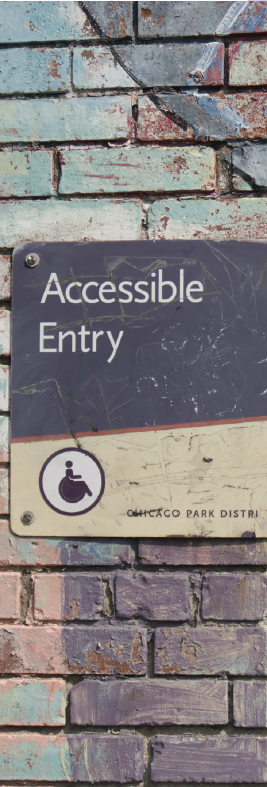 The country observed the 31st anniversary of the Americans with Disabilities Act (ADA) on July 26, but much work remains to be done to ensure older Americans and individuals with disabilities can access the assistance and services they need to survive and fully recover from disasters without unnecessary institutionalization. The importance of this work has been magnified in the past year by the large number of deaths of individuals with disabilities and of older Americans from COVID-19 and other major disasters.
The country observed the 31st anniversary of the Americans with Disabilities Act (ADA) on July 26, but much work remains to be done to ensure older Americans and individuals with disabilities can access the assistance and services they need to survive and fully recover from disasters without unnecessary institutionalization. The importance of this work has been magnified in the past year by the large number of deaths of individuals with disabilities and of older Americans from COVID-19 and other major disasters.
People with disabilities are twice to four times more likely to die or sustain a critical injury during a disaster than people without disabilities. Yet many emergency plans do not include details on how to reach individuals with disabilities during times of disaster or afterwards. For many older people and individuals with disabilities, the lack of disability-specific aid results in their unjust institutionalization.
The impact of COVID-19 on people staying in shared living spaces has been severe. Nationwide, deaths occurring in long-term care facilities accounted for 40% of all reported COVID-19 fatalities. Similar mortality levels were observed for psychiatric facilities in many states. These rates were increased for facilities located in communities of color, where systemic racism and discrimination have led to higher levels of COVID-19 sickness and deaths. COVID-19 likewise posed a severe threat to individuals experiencing homelessness who suffer from high rates of chronic diseases, mental health issues, and other conditions. While some organizations were able to use FEMA funding to move individuals experiencing homelessness into hotel rooms, FEMA requirements made it difficult for individuals with disabilities to get the same access to hotels.
NLIHC and several disability justice organizations called on FEMA to expand its reimbursements to include more individuals with disabilities and held a webinar on ways disability and homeless service organizations can work together to ensure marginalized individuals can access life-saving shelter in hotel rooms. The NLIHC-led Disaster Housing Recovery Coalition (DHRC) continues to work with its partners in the disability justice community to ensure COVID and disaster-related assistance and services are accessible to all, including individuals with disabilities.